Darryl McDaniels of Run-DMC has opened up about his struggles with mental health, and discussed how he “relates” to Kurt Cobain.
The rapper discussed his battles with depression and suicidal thoughts in the new MSNBC docu-series, My Generation.
Made in collaboration with NBC News Studio, the four-part series features interviews and archival footage from celebrity narrators, and explores the way of life for Baby Boomers (born 1946 to 1964), Generation X (born 1965 to 1981), Millennials (born 1981 to 1996) and Gen Z (born after 1997).
Appearing in the Generation X part of the documentary, he recalled how Nirvana resonated with him as soon as he first heard them in the early ‘90s.
“Nirvana was an honest expression of not being ashamed to put your angst on the front page,” he said of the group (via Billboard), going on to remember how he felt connected to the frontman, who would later take his own life in 1994.
 Darryl ‘D.M.C.’ McDaniels performs in 1987. (Photo by Ross Marino/Getty Images)
Darryl ‘D.M.C.’ McDaniels performs in 1987. (Photo by Ross Marino/Getty Images)
“I relate to Kurt because I was there. Later in my life, I became suicidal,” he said. “And I’m fortunate to still be here, so I have a responsibility to talk about it.”
“They have a song, ‘Come as You Are’,” he continued. “Come happy and high and jovial, come as depressed as you are. But unless you admit how you feel, whether good or bad, you never heal. We’re all in this together.”
This isn’t the first time that McDaniels has opened up about his mental health. Back in 2016, he shared a memoir titled Ten Ways Not to Commit Suicide. In it, he discussed his mental health journey throughout the late ‘90s.
“I was probably at my suicidal worst in 1997 during a two-week-long tour in Japan,” he wrote in an excerpt first published by People. “The only song I listened to then was a soft-pop ballad by Sarah McLachlan called ‘Angel’.”
“I cannot overemphasise how important that song was to me in the midst of my depression. ‘Angel’ kept me serene even when every fibre of my person was screaming for me to lose it [and] made me believe that I could soldier through.”
According to Billboard, the rapper was sober at the time, following a struggle with alcohol addiction, and the struggles came from inner-band conflicts, as well as losing his voice.
“Whatever my hesitations about suicide, I sometimes think I would have done the deed easily if it weren’t for that record,” McDaniels continued in the memoir. “I thought long and hard about killing myself every day in Japan. I tricked myself into thinking that my family might be better off without me […] Whenever I’d listen to ‘Angel,’ though, I always managed to make my way back from the brink.”
Find links to various mental health resources below.
For help and advice on mental health:
- CALM – The Campaign Against Living Miserably
- Help Musicians UK – Around the clock mental health support and advice for musicians (CALL MUSIC MINDS MATTER ON: 0808 802 8008)
- Music Support Org – Help and support for musicians struggling with alcoholism, addiction, or mental health issues (CALL: 0800 030 6789)
- YOUNG MINDS – The voice for young people’s health and wellbeing
- Time To Change – Let’s end mental health discrimination
- The Samaritans – Confidential support 24 hours a day

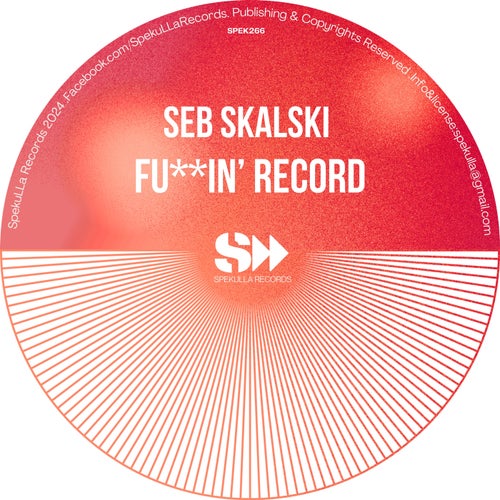
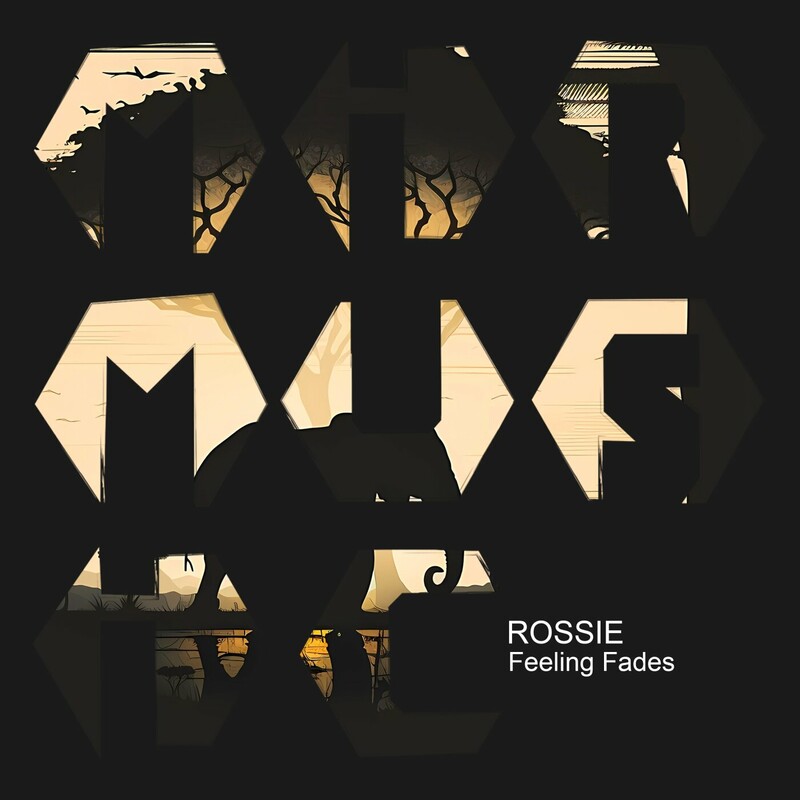
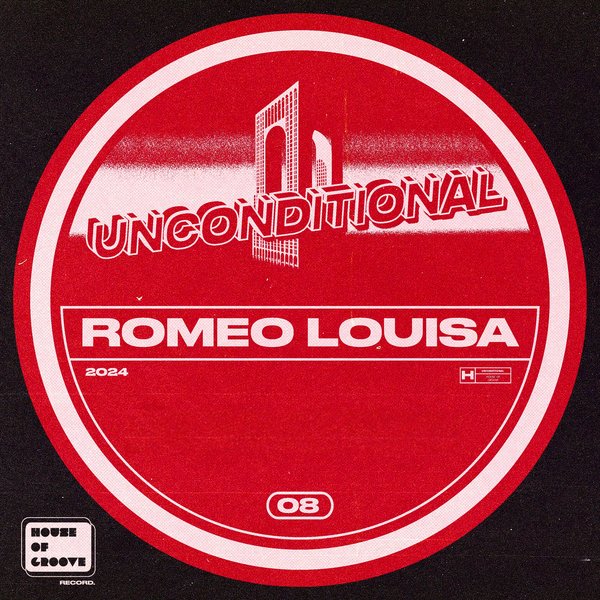
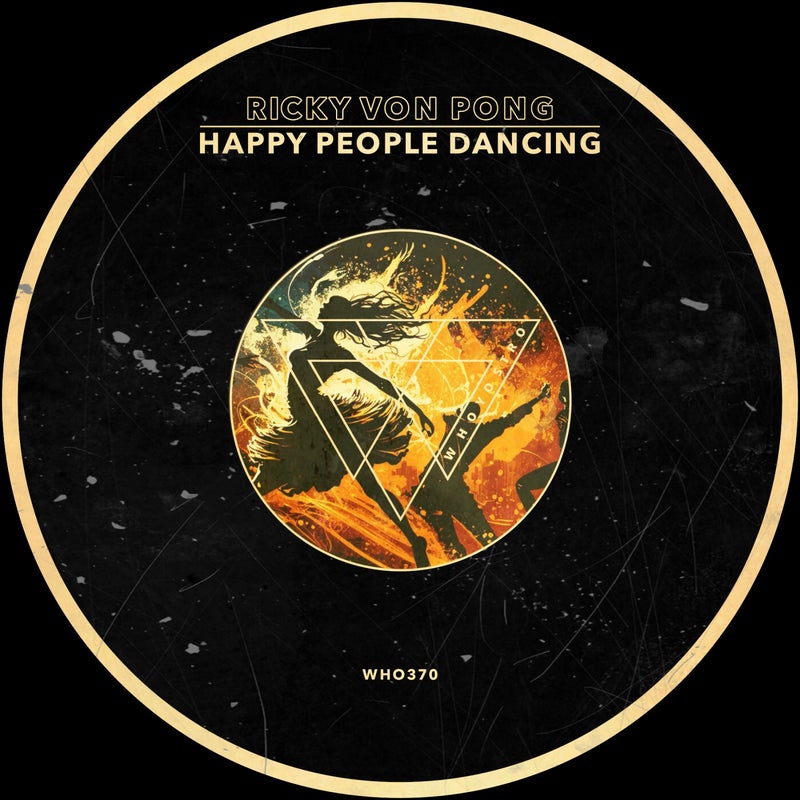
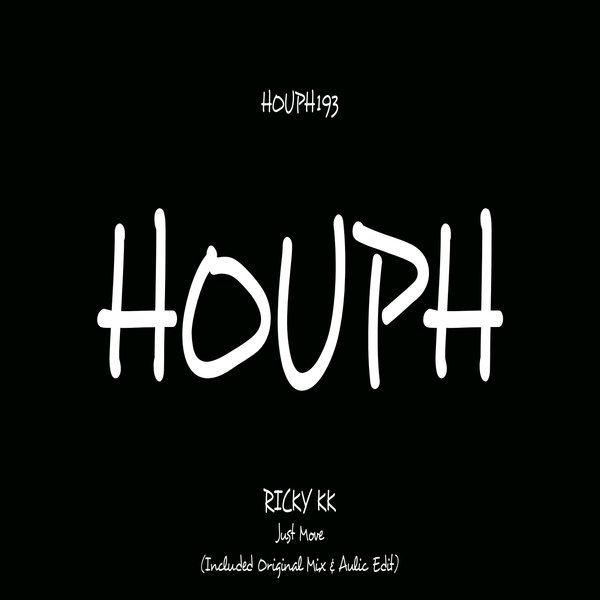
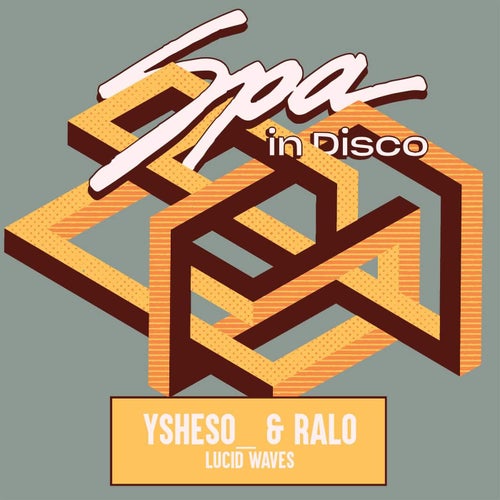







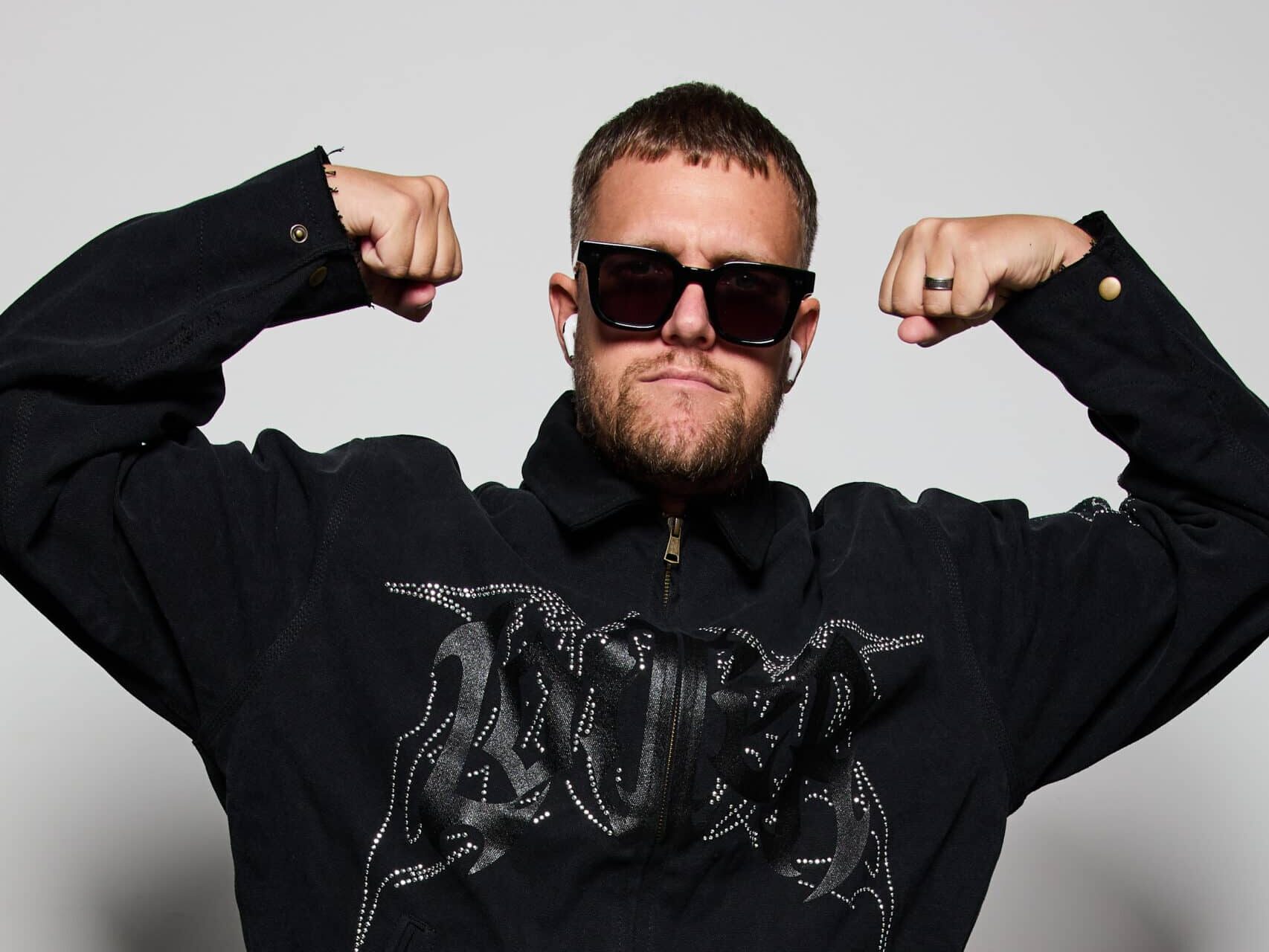




 English (US) ·
English (US) ·